Selecting the appropriate pump for methanol handling is crucial to ensure safe and efficient operations in various industrial applications. Methanol, being a volatile and corrosive chemical, requires pumps specifically designed to handle its unique properties. In this article, we'll discuss the factors to consider when choosing a methanol pump, focusing on practical considerations rather than exaggerated claims.
1.Material Compatibility: When selecting a methanol pump, material compatibility is1 paramount. The pump's wetted parts must be constructed from materials that are resistant to methanol's corrosive effects. Common materials used for methanol pumps include stainless steel, fluoropolymers, and specialty alloys. Ensure that the selected materials are compatible with methanol to prevent corrosion and maintain pump integrity.
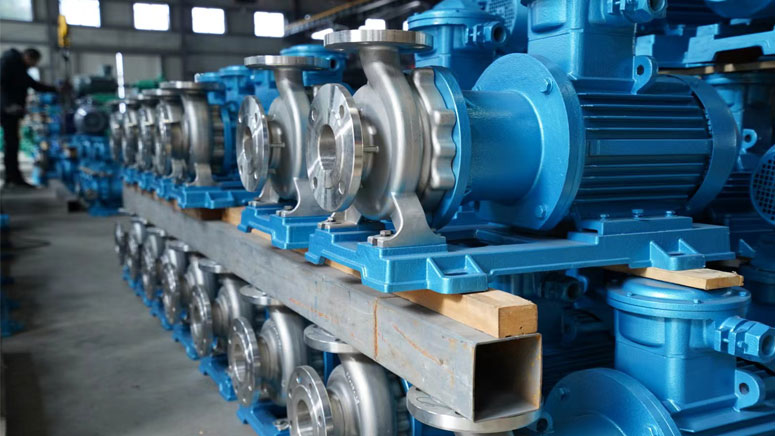
2.Seal Type: The choice of sealing mechanism is crucial for preventing methanol leakage and ensuring operational safety. Opt for pumps equipped with reliable mechanical seals or magnetic drive systems that provide effective containment and eliminate the risk of fluid leakage. Consider factors such as seal material, design, and compatibility with methanol to minimize the risk of seal failure.
3.Flow Rate and Pressure Requirements: Evaluate the required flow rate and discharge pressure for your methanol application. Choose a pump that can deliver the necessary flow rate while maintaining the required pressure levels. Consider factors such as process conditions, system piping, and elevation changes to determine the optimal pump size and configuration.
4.Temperature Considerations: Methanol handling often involves variations in temperature, which can impact pump performance and material compatibility. Select a pump that can operate efficiently within the expected temperature range of your application. Consider factors such as ambient temperature, fluid temperature, and thermal insulation to mitigate the risk of pump failure due to temperature extremes.
5.Safety Features: Prioritize pumps equipped with safety features specifically designed for methanol handling. Look for features such as leak detection systems, overpressure protection, and emergency shutdown mechanisms to enhance operational safety and mitigate the risk of accidents or spills.
6.Reliability and Maintenance: Choose a pump from a reputable manufacturer known for producing reliable and durable equipment. Consider factors such as pump design, quality of construction, and ease of maintenance when evaluating pump options. Opt for pumps with robust construction and user-friendly maintenance features to minimize downtime and ensure long-term reliability.
7.Compliance with Standards: Ensure that the selected pump complies with relevant industry standards and regulations governing methanol handling. Look for pumps certified by recognized regulatory bodies and conforming to standards such as API, ANSI, or ISO to ensure compliance and adherence to best practices in pump design and manufacturing.
By considering these factors when selecting a methanol pump, you can ensure optimal performance, reliability, and safety in your operations. Prioritize pump options that meet your specific application requirements and provide the necessary features to handle methanol safely and efficiently.





 +86 18130251359
+86 18130251359 teflowpumps@tlpumps.com
teflowpumps@tlpumps.com

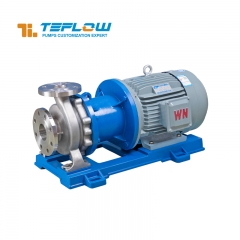
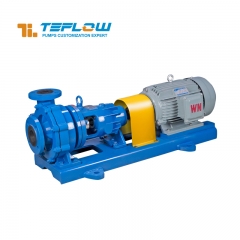
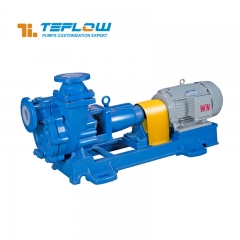
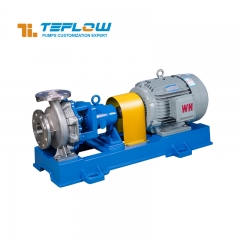








 +86+0563-5093318
+86+0563-5093318
